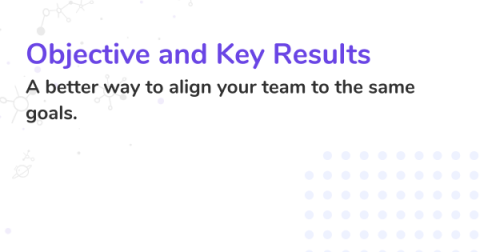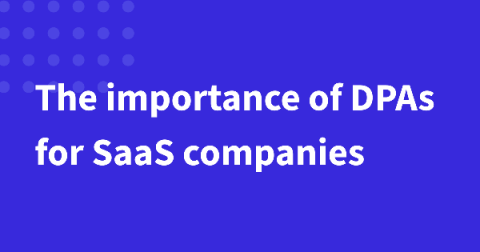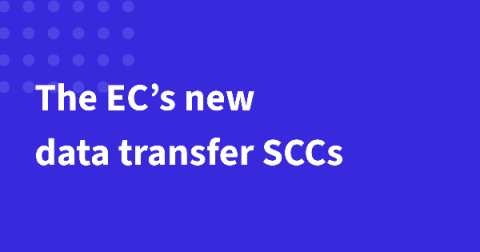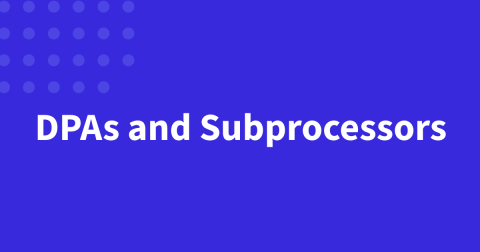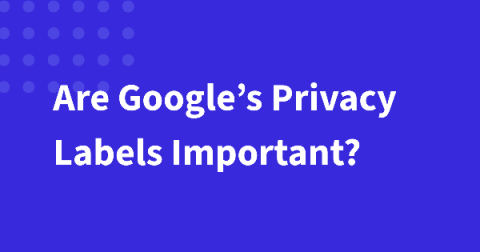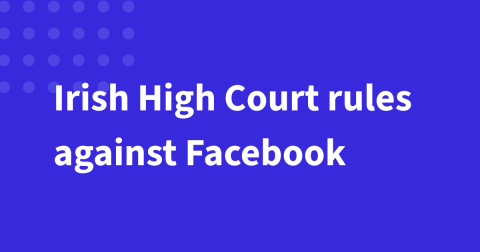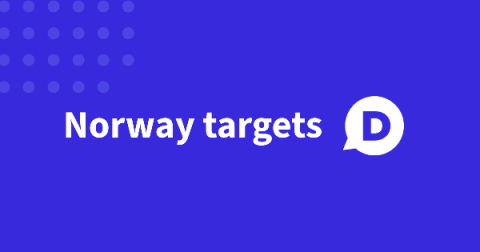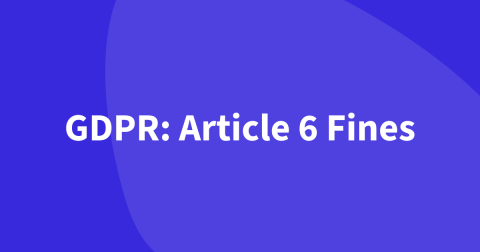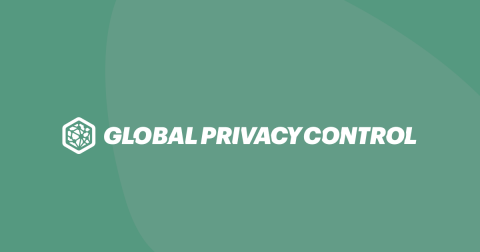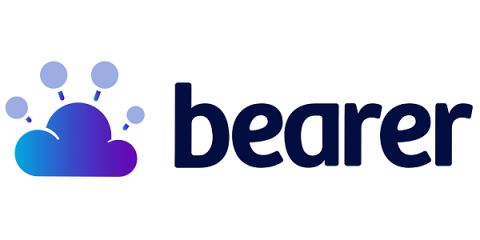How adopting an OKR process has helped the Bearer team stay aligned
Keeping a team aligned isn’t easy. Not every meeting can possibly include every single team member, and updating a multitude of Notion pages with all the details regarding every discussion is an entire project in itself. The data that informs decisions is shared to separate groups of people, many of which don’t necessarily work closely together.


